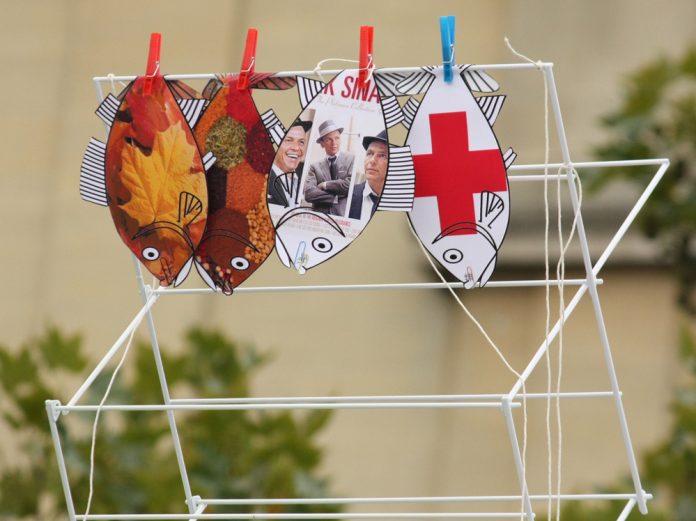The European Union is still far from managing to stop overfishing for the year 2020, warned Oceana, a US-based international marine conservation and advocacy organisation. The group was commenting on the European Commission’s annual https://ec.europa.eu/fisheries/sites/fisheries/files/docs/com-2018-452_en.pdf (report) on fish stock status.
Oceana noted that the report shows high levels of overfishing in the northeast Atlantic and adjacent seas, such as the Baltic or the North Sea, with 41%.
“Overfishing hurts the environment and the economy,” said Lasse Gustavsson, Oceana Europe’s executive director. “Mismanagement of renewable natural resources ruins our natural heritage and charges a cost in the form of employment, food and money. We are two years away from the legal deadline and politicians run out of excuses. Well managed and in a healthy state, EU fish stocks could sustainably produce 57% more – two million more tonnes per year – and create 92,000 jobs.”
According to Oceana, despite the legal obligation to put an end to overfishing by 2020 at the latest, the progress made by the EU so far is insufficient to achieve it, as it has been confirmed repeatedly by an EU advisory body, the Scientific, Technical Committee and Economic Fishing. In this sense, the NGO insists that stopping overfishing will facilitate the sustainable exploitation of fishery resources and contribute to achieving good environmental status in European seas.
Oceana calls on the European Commission, the EU Council and the member states to take responsible decisions this year and set limits on sustainable catches.
According to Fintan Kelly, policy officer with BirdWatch Ireland with a focus on marine issues, time is running out for wasteful practices in Europe.
In an article published in Green News online, Kelly noted that discarding (a common practice in global fisheries) is estimated to be in the region of 30m tonnes.
One of the most significant reforms in the EU’s Common Fisheries Policy included a ban on discarding catch, which often contributes to overfishing.
“A ban on discards has been progressively rolled out in Norway since 1987 and has played an integral role in an 18% increase in annual yield of Northeast Arctic cod compared to the 1970s. This is worth in the region of €194m to the Norwegian economy.
“The ban in Norway, along with other management measures has been so successful that Norwegian fishermen must now worry about catching hauls of cod so large that they may burst their nets.”
According to Kelly, given the reluctance of the EU member states to embrace the discard ban, it falls to the European Commission to ensure that its implementation improves, as well as achieving the CFP’s deadlines to end discarding in EU waters.
“While many challenges lie ahead it is unacceptable that a lack of political will should be a major stumbling block to the implementation of EU law,” noted Kelly. “Ending discarding is necessary to transition EU fisheries away from the wasteful and unsustainable practices of the past, to a future where we can reap the benefits of healthy and resilient marine ecosystems.”

